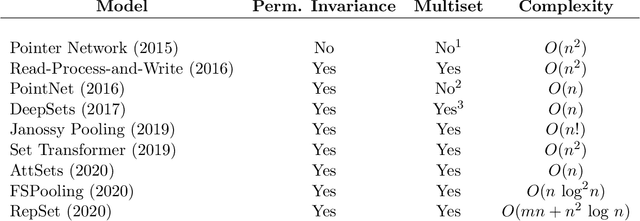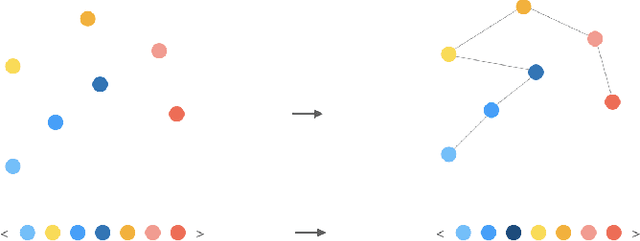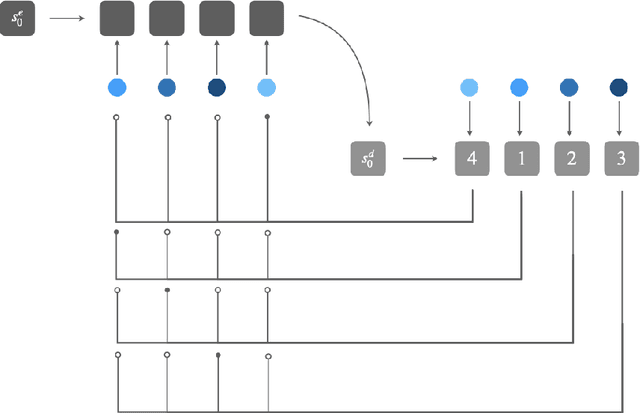Set-to-Sequence Methods in Machine Learning: a Review
Paper and Code
Mar 17, 2021



Machine learning on sets towards sequential output is an important and ubiquitous task, with applications ranging from language modelling and meta-learning to multi-agent strategy games and power grid optimization. Combining elements of representation learning and structured prediction, its two primary challenges include obtaining a meaningful, permutation invariant set representation and subsequently utilizing this representation to output a complex target permutation. This paper provides a comprehensive introduction to the field as well as an overview of important machine learning methods tackling both of these key challenges, with a detailed qualitative comparison of selected model architectures.
* 46 pages of text, with 10 pages of references. Contains 2 tables and
4 figures
 Add to Chrome
Add to Chrome Add to Firefox
Add to Firefox Add to Edge
Add to Edge